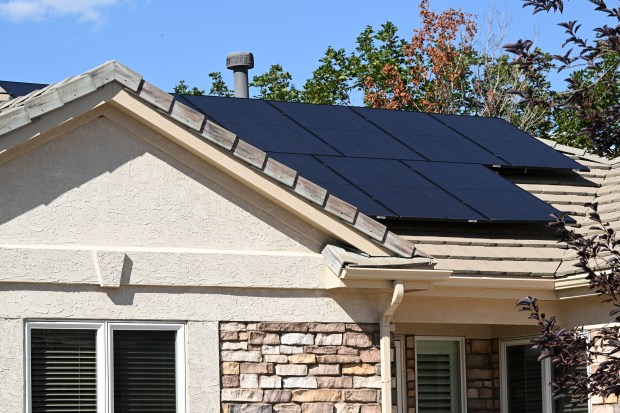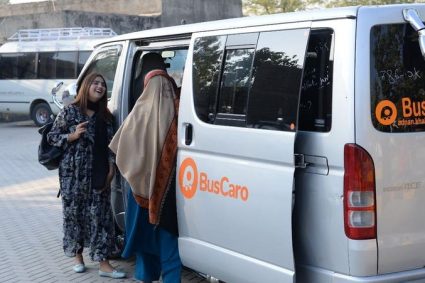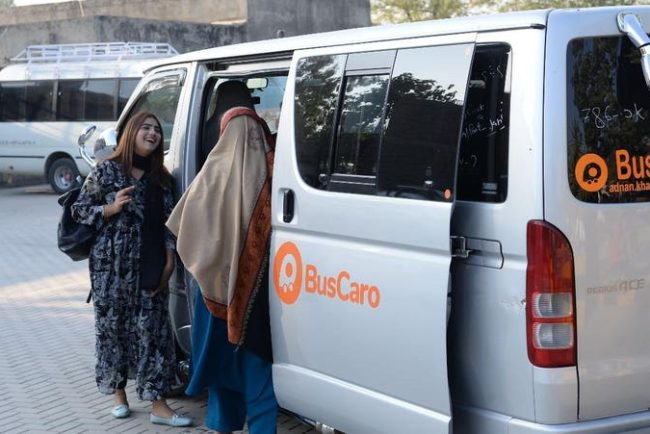
Dick Cunningham and Walter Rozycki want to do what a lot of other Denver-area homeowners have done: put solar panels on their roofs. But the Aurora residents say their homeowner association board pulled the plug on their plans in defiance of state law.
An attorney and solar advocate who wrote an amendment to a law on HOAs and solar systems said the board at the Villas at Cherry Creek is flouting the state law designed to protect people’s right to use solar energy to power their homes.
The attorney for the HOA said the board’s position has been misrepresented and that the board’s policy is in line with state law.
Meanwhile, Cunningham and Rozycki say they’ve been waiting for a resolution. Both are former presidents of the HOA board and both submitted their initial applications more than a year ago to put solar panels on their roofs.
Both were turned down.
“I want to do this for the good of the environment, not so much to save money. The saving of the money is down the road,” Rozycki said.
Rozycki, like Cunningham, wanted to lease rather than buy the solar panels and equipment. The HOA board’s policy on solar, written in 2021 after Rozycki and others brought up the subject, includes several requirements that Rozycki and Cunningham said are “over the top.”
The policy also prohibits homeowners from leasing solar panels. The reason? The HOA said its policies don’t allow owners to lease a portion of their homes to third parties for commercial activity.
“We’re not the lessor, we’re the lessee,” Cunningham said. “This is no different than Xcel Energy putting a meter on your house. The board’s interpretation would be you’re leasing a portion of your wall.”
The subdivision’s 100 homes are duplexes where solar panels have been approved on a couple of homes. The HOA maintains the rooftops, but the residents own them. Rozycki sought advice from attorney Roger Freeman, who specializes in environmental and energy matters, after running into obstacles.
Rozycki said he recently capitulated on the leasing controversy. After his first application was rejected, he submitted another one, this time saying he’ll buy the solar-energy equipment. The board approved the new plan.
However, the board voted in early November against Cunningham’s plan to buy a solar system, citing engineering and insurance issues.
The board’s solar rules are “so outside the bounds of the HOA Solar Law that they are clearly illegal and unenforceable under the law,” Freeman wrote in March to the homeowners association.
In 2021, Freeman helped write an amendment to state laws referred to as the “Solar Bill of Rights.” A provision he wrote provides narrow exceptions to a broad prohibition against HOAs interfering with installation of solar energy systems.
One exception allows “reasonable restrictions” on the dimension, placement or external appearance of equipment as long as they don’t increase the cost or decrease performance by more than 10% and the review is capped at 60 days. Another allows “bona fide safety requirements” related to a building code or a recognized safety standard.
In the case of the Villas at Cherry Creek, the rules are “cumbersome, overreaching, illegal and unenforceable,” said Freeman.
Cunningham and Rozycki said they had to provide a record of a year’s worth of their electricity use and insurance information. The board even suggested design changes, said Cunningham, who got permits from the city but was turned down by the HOA board.
The HOA’s rules go beyond aesthetics to intrude into the technology, construction and design, Freeman said. The board doesn’t have the authority to impose a rule that residents use “the most recent technology available,” he said.
Freeman said the board also lacks the authority to mandate that residents buy rather than lease a solar system. That’s a personal decision that has nothing to do with aesthetics or safety, he said.
And a ban on leasing the equipment leaves out people who don’t have the upfront money, Freeman said. The leasing model “broadens the tent for solar,” he added.
“These are folks who want to power their homes and eventually their electric cars with the sun. It’s their roof, which is their property,” Freeman said. “The bigger issue is that the state and so many other governments and other entities have decided and told us that we need to make a conversion to renewable energy sources.”
And the state has specified the limits of HOAs’ authority, Freeman added. Recent laws have provided more protections for homeowners when HOAs move to foreclose on properties. A 2021 law prevents the associations from restricting residents’ use of xeriscaping.
Freeman said it’s common for questions to come up about HOAs’ oversight of solar-system installations.
“They will often say they don’t want to see it from the street. Great, but the sun’s shining on both sides of my house. If I put it just on the back of my house, it’s 50% less efficient. You can’t make me do that,” Freeman said.

Freeman said the Stoney Brook Homeowners Association in Denver revised its rules after the state law was updated. Stoney Brook’s policy was promoted as a template for the Villas, but Freeman said the suggestion went nowhere.
“Frankly, I think it’s a case where there are folks on the board who have been doing this for a long time, are used to a certain level of oversight and control and have their own views about solar,” Freeman said.
The HOA board members didn’t return requests for comment. The board’s attorney, Lynn Jordan, said in an interview that critics have misrepresented the board’s position.
“Applications have been approved, tweaked or withdrawn,” Jordan said of residents’ solar plans. “If we can make it work, we do.”
Jordan believes the HOA’s policy follows state law. “When the law changed we realized we needed to do a policy and obviously it had to be lawful.”
As for whether residents can lease the solar equipment, Jordan said, “We don’t care at all how they acquire it.”
But in an April letter to Rozycki, Jordan wrote that residents can’t host any third-party business “whereby a third party installs, owns and operates an energy system on any portion of the Residence.”
As a result, Rozycki said he has gone to Plan B. “I’ve given up the lease approach and I’m buying it because they won’t budge.”
Get more business news by signing up for our Economy Now newsletter.













